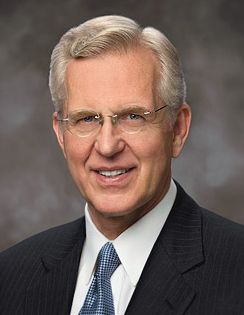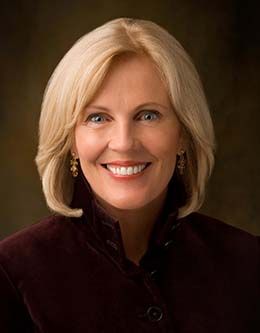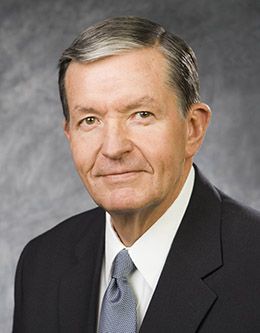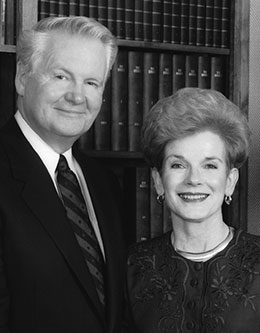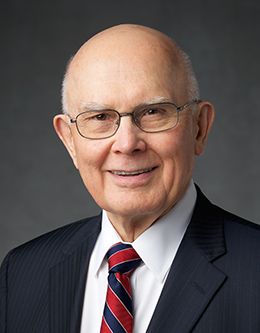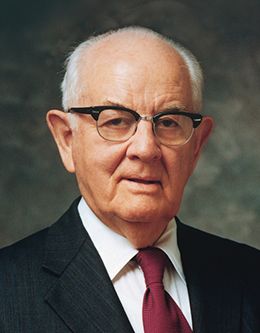Of Vessels and Vestures: “The Lord Pondereth the Hearts”
We may not fully understand why our own polis demands certain looks. Yet, as Lord Chesterfield observed, “Dress is a very foolish thing, and yet it is a very foolish thing for a man not to be well dressed, according to his rank and way of life.” Perhaps we should be more conscious of the outer symbols we wear and why we wear them, for these symbols strongly comment on our internal beliefs.
A Sense of the Sacred
D. Todd Christofferson asks us to consider how we treat sacred things. We can show reverence for sacred places, callings, and our bodies.
“Arise and Shine Forth, That Thy Light May Be a Standard for All Nations”
The text for this speech is unavailable. Please see our FAQ page for more information.
“Arise and Shine Forth”
The call to arise and shine forth reminds each of us to champion the cause of virtue in the world—and modesty in dress is an essential element of virtue.
Outward Expressions of the Inner Self
Modesty applies to all of us and is about more than what we wear - it is about what we say, what we do, and what is in our hearts.
Mortality and Our Eternal Journey
A physical body, spiritual growth, and family are all important purposes of mortality. Caring for these will help us make the most of mortal life.
“Are You True?”
Understanding the mission of BYU means more than keeping certain standards. It means taking your education seriously and being true to your faith.
Why Dress and Grooming Standards?
The dress and grooming standards at BYU are based on standards of modesty and propriety, which both help you to respect yourself.
A Style of Our Own
As the world becomes increasingly dismissive of the morality, we must create a style of our own—one of modesty and chastity.



